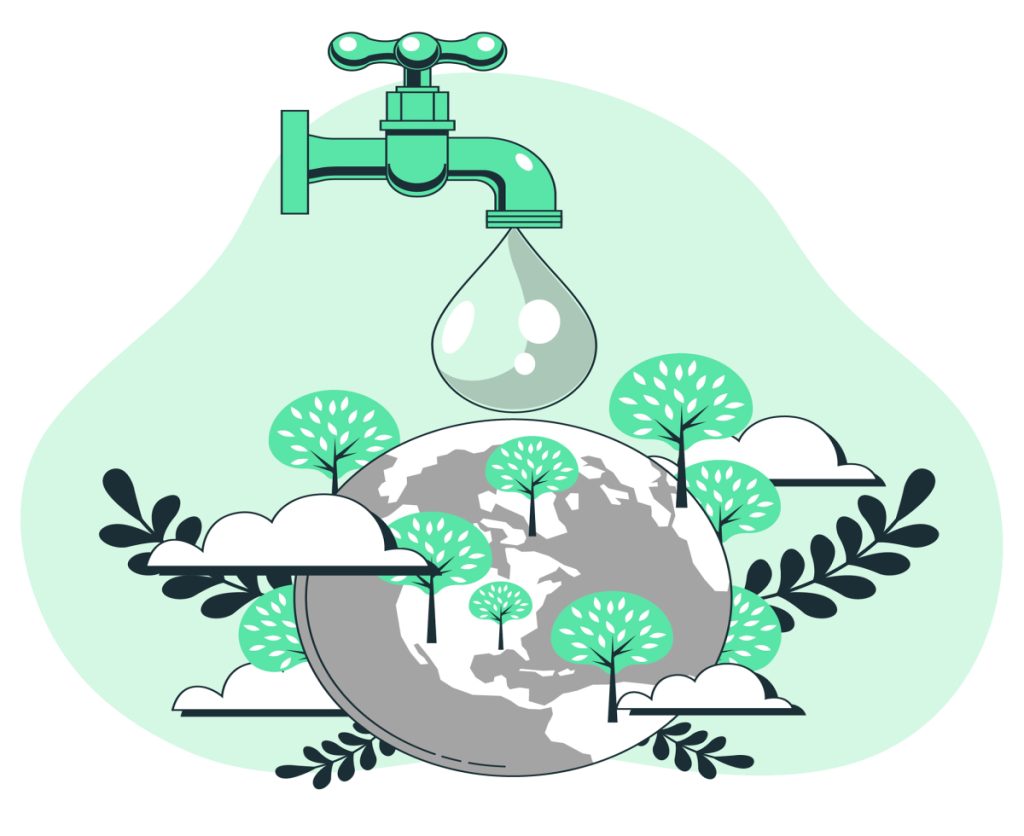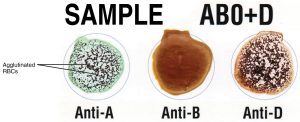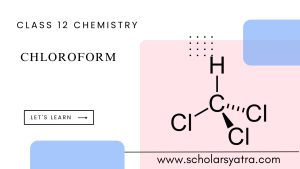Water, a fundamental necessity for life, can be categorized as either “hard” or “soft” based on the presence of dissolved minerals. While the terms may sound simple, the impact of hard and soft water is profound, influencing everything from household chores to health, industry, and the environment. Here we know the distinctions between hard and soft water, exploring their physical and chemical properties and their effects on daily life.
Table of Contents
Toggle-
What is Hard Water?
Hard water contains high concentrations of dissolved minerals, primarily calcium (Ca²⁺) and magnesium (Mg²⁺) ions. These minerals come from the water percolating through limestone, chalk, or gypsum deposits. The degree of water hardness varies depending on the concentration of these ions and is usually measured in parts per million (ppm) or milligrams per liter (mg/L) of calcium carbonate (CaCO₃).
Physical Properties:
- Feel: Hard water often feels “sticky” or “soapy” to the touch, and soap or shampoo tends to lather less easily.
- Appearance: Hard water might appear slightly cloudy due to mineral content, and over time, it may cause visible scaling (deposits) on surfaces such as faucets, pipes, and kettles.
- Taste: Many people describe hard water as having a slightly metallic or mineral taste.
Chemical Properties:
- Ionic Composition: High concentrations of calcium (Ca²⁺) and magnesium (Mg²⁺) ions.
- pH Levels: Hard water tends to have a pH slightly above 7 (neutral), leaning toward basic due to the presence of bicarbonates.
- Reaction with Soap: Hard water forms “scum” when it reacts with soap, which is a result of calcium and magnesium reacting with fatty acids in soap. This reduces the soap’s ability to clean effectively.
-
What is Soft Water?
Soft water, in contrast, has low concentrations of calcium and magnesium ions. It may contain higher levels of sodium (Na⁺) or potassium (K⁺) ions, especially if water-softening treatments are applied.
Physical Properties:
- Feel: Soft water feels slippery or smooth, allowing soap and shampoo to lather quickly and rinse away easily.
- Appearance: Soft water is typically clear and doesn’t leave mineral deposits on surfaces.
- Taste: Soft water may taste slightly salty, especially when treated with a water softener that uses sodium ions.
Chemical Properties:
- Ionic Composition: Low concentrations of calcium and magnesium, and potentially elevated levels of sodium or potassium.
- pH Levels: Soft water tends to be more neutral or slightly acidic, especially if it comes from rainwater.
- Reaction with Soap: Soft water reacts easily with soap to produce a rich lather, making it more efficient for cleaning purposes.
-
Effects of Hard Water
On Household and Appliances
Hard water can have a range of detrimental effects in domestic environments:
- Scaling and Clogging: Hard water can leave limescale deposits on faucets, showerheads, and inside pipes, reducing water flow and efficiency. Appliances like kettles, dishwashers, and washing machines may suffer from mineral buildup, shortening their lifespan.
- Reduced Cleaning Efficiency: The interaction of hard water with soap results in soap scum, which makes cleaning more difficult and can leave residue on clothes, dishes, and surfaces.
- Costly Maintenance: Due to the buildup of mineral deposits, appliances often require more frequent maintenance, and energy consumption increases, as scaling insulates heating elements.
On Skin and Hair
- Dryness: Hard water can leave soap residue on the skin, leading to dryness, irritation, and even exacerbation of conditions like eczema.
- Hair Dullness: The minerals in hard water can accumulate on hair, making it look dull, dry, and harder to manage.
On Industry
- Scaling in Pipes: Industrial equipment that uses hard water faces similar scaling issues, reducing the efficiency of heat exchangers and boilers. Scaling can result in costly downtimes and repairs.
- Chemical Processes: Some industrial processes that require pure water (like in pharmaceuticals or electronics manufacturing) must use softened or demineralized water to avoid contamination.
Health Implications
Hard water is not generally harmful to health. In fact, the calcium and magnesium content may contribute positively to dietary intake, potentially reducing the risk of heart disease. However, in extreme cases, high hardness levels may lead to gastrointestinal discomfort.
-
Effects of Soft Water
On Household and Appliances
- No Scaling: Soft water does not leave behind scale deposits, reducing maintenance needs for appliances and plumbing. This can extend the life of household equipment and improve efficiency.
- Better Cleaning: Soap lathers are more efficient in soft water, reducing the amount needed for cleaning tasks. Clothes washed in soft water tend to feel softer and cleaner, and glassware stays streak-free.
On Skin and Hair
- Moisturizing Effect: Soft water rinses away soap completely, leaving skin feeling smoother and less dry. Hair also tends to be softer, shinier, and easier to manage when washed with soft water.
On Industry
Industries that require pure water often prefer soft water, as it ensures the smooth operation of machinery and minimizes the need for chemical treatments to prevent scaling. Additionally, soft water allows for more efficient use of detergents and chemicals in various processes.
Health Implications
While soft water is beneficial for household and industrial use, there are potential concerns regarding sodium levels. In water-softening processes that use sodium, the increased sodium content can be problematic for individuals with high blood pressure or sodium-sensitive conditions. For this reason, some people opt for potassium-based softeners or choose to drink bottled water.
-
Converting Hard Water to Soft Water: Water Softening
Water softening is a common process to address hard water issues. The most widely used method involves an ion exchange system, where calcium and magnesium ions in hard water are replaced with sodium or potassium ions. This process reduces scaling, improves soap efficiency, and prolongs the life of appliances.
Other methods include:
- Reverse Osmosis: This method filters out minerals and impurities, producing water that is both soft and free of contaminants.
- Chemical Softeners: Some households use water conditioners, which add chemicals that bind to the calcium and magnesium ions, preventing them from causing scaling.
The difference between hard and soft water goes beyond taste and feel—both types of water have distinct physical and chemical properties that affect our daily lives. Hard water can create scaling problems in homes and industries, but it also offers dietary benefits through its mineral content. Soft water, on the other hand, enhances cleaning efficiency and reduces appliance maintenance but may introduce concerns regarding sodium intake. By addressing water hardness with appropriate treatment methods, it’s possible to enjoy the benefits of each while minimizing their drawbacks.







2 Responses
Its is use ful
Thanks man